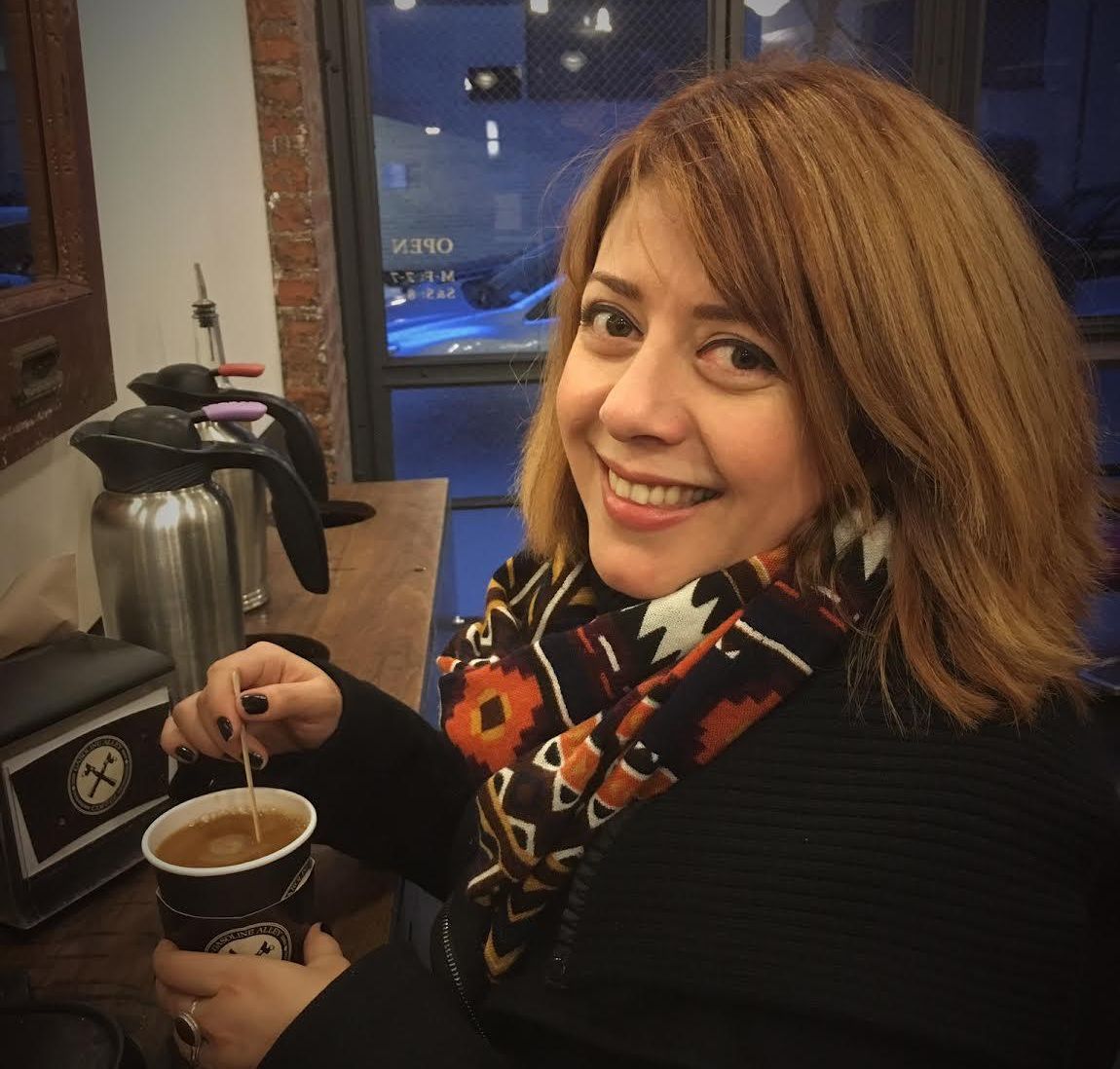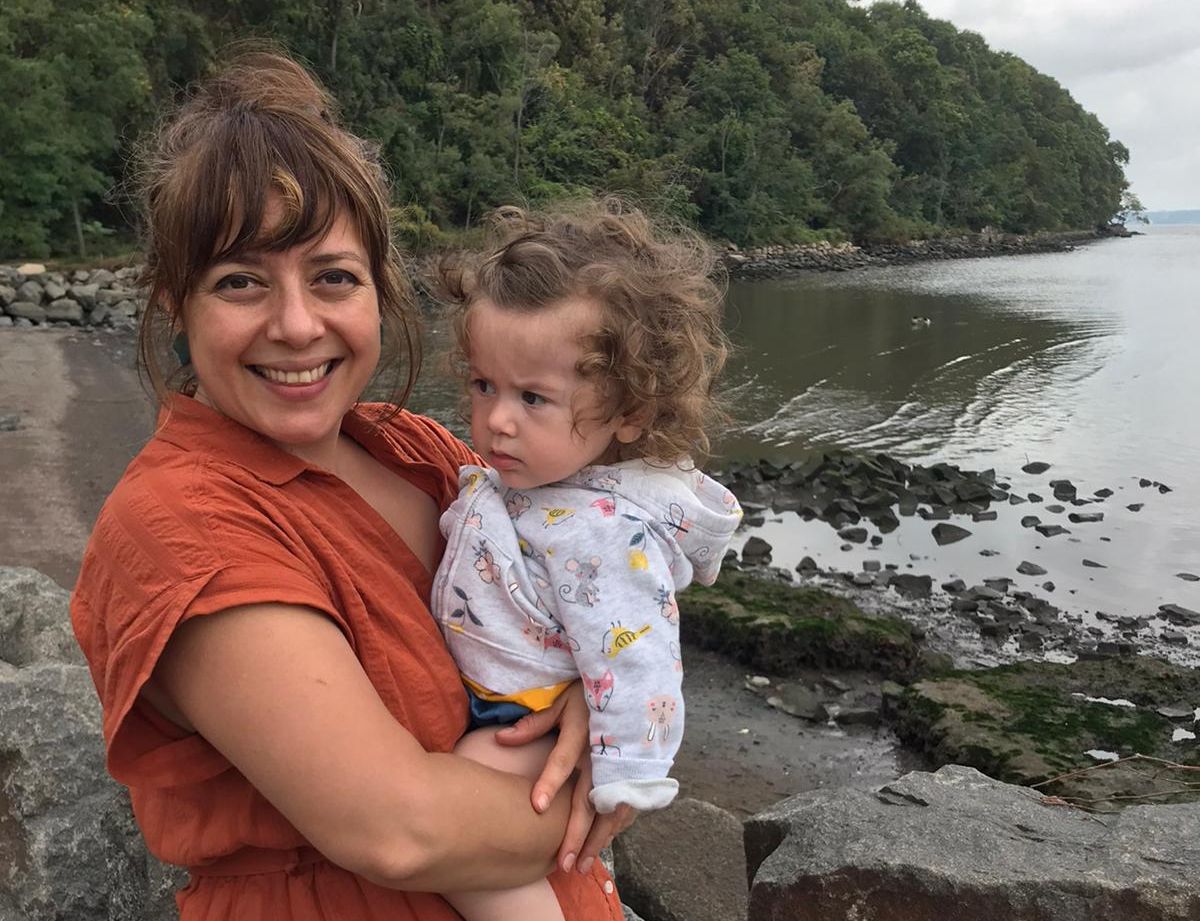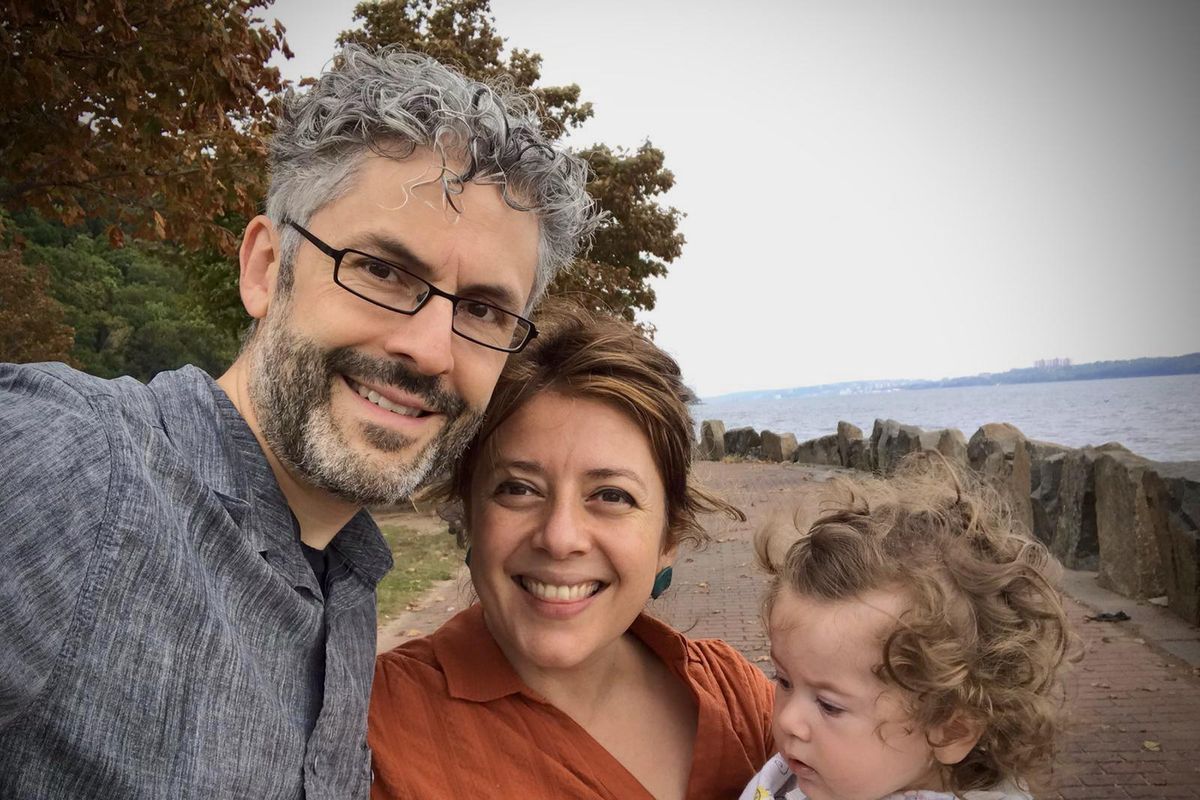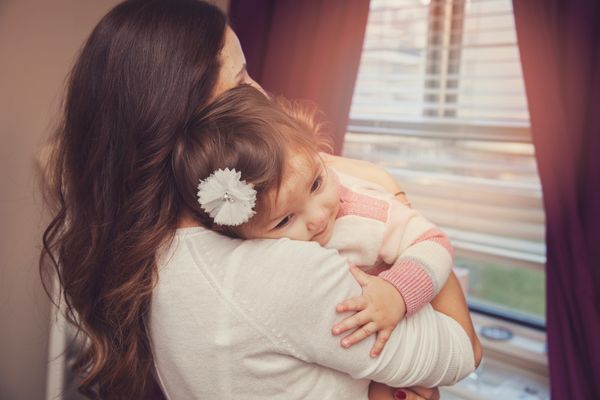As told to Nicole Audrey Spector
April 24-30 is National Infertility Awareness Week.
Why don’t we just give it a try and see what happens?
That was the attitude with which my husband, Luis, and I began our journey to make a baby. I was 32 and didn’t feel in a rush. I was also confident that I’d get pregnant since I’d been pregnant before (unfortunately I suffered a miscarriage).
But a year passed with no luck. We upped the ante. I began tracking my cycles using ovulation kits. But still nothing. By then I wanted to know if something was wrong. Next stop: the OB-GYN.
My hormone levels were tested and found to be normal. Luis and I were told to keep trying, and we accepted this advice, though a bit frustrating. Again, we were in no rush.
Then my mother was diagnosed with breast cancer, and my world spun off its hinges. She could actually die, I realized. Before meeting her grandchild.
Our quest to get pregnant entered light speed. I made an appointment to undergo a hysterosalpingography (HSG), an X-ray to see if the fallopian tubes are blocked and to evaluate the shape of the uterus.
As I was lying there undergoing the X-ray, my OB-GYN started screaming to the radiologist — I mean really yelling, “Where is her uterus? Where is her uterus?!”
I had no idea what was going on and felt so vulnerable on the cold metal table with two baffled medical professionals at my feet.
It was concluded that the images the radiologist had captured of my uterus and fallopian tubes were too blurry to properly reveal my reproductive organs and that I would return for the test another day, fully sedated so the doctors could take a more thorough look.
After repeating the test, my OB-GYN — a doctor I’d been seeing for years and had a good relationship with — called me into her office. She explained to me that I had a unicornuate uterus, a rare genetic condition where you’re born with only half a uterus and one fallopian tube.
She referred me to a specialist and off I went in a haze of shock. How had this condition never been diagnosed before? Why was I just finding out now, in my mid-30s?
I learned that a unicornuate uterus can be difficult to detect in routine tests. Often women don’t even find out they have the condition until they undergo an HSG like I did or an MRI. Without testing, many women only realize they have it after they give birth, usually via a C-section.
Though women can often get pregnant with a unicornuate uterus, the condition can cause various complications. Because of the shape of the uterus, pregnancies tend to be shorter and at higher risk of miscarriage or premature birth.
I wouldn’t say the diagnosis frightened me, but it definitely left me unsettled. The day after, I walked into a salon and got all my long brown hair chopped off and tinted blond. It was a cliche, I felt — but necessary both as an act of self-care and of transformation: I wasn’t the same Sima I’d been two days prior.

For a while, I did the communicative equivalent of curling up into a ball. I didn’t want to talk about the diagnosis or learn more about it. Nearly a year went by like that.
Once I felt that I had fully processed the diagnosis, I became more curious. I wanted to meet other women like me. I found an online community of women who have unicornuate uteruses. They helped me to understand that I wasn’t alone and made me brave again.
Luis and I picked up where we’d left off with fertility specialists and decided to try IVF. I had reason to be confident: The half of my reproductive organs that were intact worked normally and our doctor was optimistic.
But two rounds of IVF and no luck.
I began to give up on having a child biologically and looked into adopting, but Luis wasn’t quite onboard. This frustrated me but also woke me up to the fact that this taxing journey for a baby hadn’t been mine alone; it had weighed hard on him, too.
Emotionally and financially drained, Luis and I decided we would become “that couple” — the kind who doesn’t have any kids but is totally fulfilled and happy.
During the IVF treatments, I had put on some weight that I didn't feel good about, so I joined a women’s fitness group. Most of the women in the group were mothers. That was triggering for me, and I doubted I’d last in the fitness group for long, but my doubts were quickly lifted. I realized that, though they were moms now, they’d gone through something hard to get there. They could all relate, on some level, to my pain. They took me under their wing and ended up becoming the second family I didn’t know I needed.
A couple years after Luis and I ended our quest to have a child, I got pregnant. I was 38 years old. Luis was over the moon, but I was determined to wait until at least the 8-week ultrasound to let myself feel joy. I was convinced the pregnancy would end in miscarriage like the last one.
But it stuck!
I went on to have a healthy pregnancy and a beautiful daughter, Lina. I was the happiest I’d ever been when she came into our lives, but it was also a time of great adjustment. For so long I’d been an infertile woman. Now, as if all of a sudden, I was on the other side: a mother.

For a while, Luis and I tried to conceive again, unsuccessfully. Now, at 41, I can say with certainty that we’ve closed that chapter, and we’re totally okay with it. We have so much to do and to look forward to. My mother who lives in Turkey (and is thankfully in remission) will finally meet Lina in person this summer when we visit.
“What a miracle,” people say to me when they hear about my rare condition and then see my incredible daughter.
Whether they’re talking about her or about me: They aren’t wrong.
- Infertility Isn’t Just a Physical Journey — It’s an Emotional One, Too ›
- Support for Fertility Challenges - HealthyWomen ›
- Infertility Killed My Sex Life - HealthyWomen ›
- Top Causes of Infertility in Women - HealthyWomen ›
- Infertility and Your Relationship - HealthyWomen ›
- This is Our Story of Living With Unexplained Infertility - HealthyWomen ›
- What I Learned About Infertility While Trying to Conceive - HealthyWomen ›







